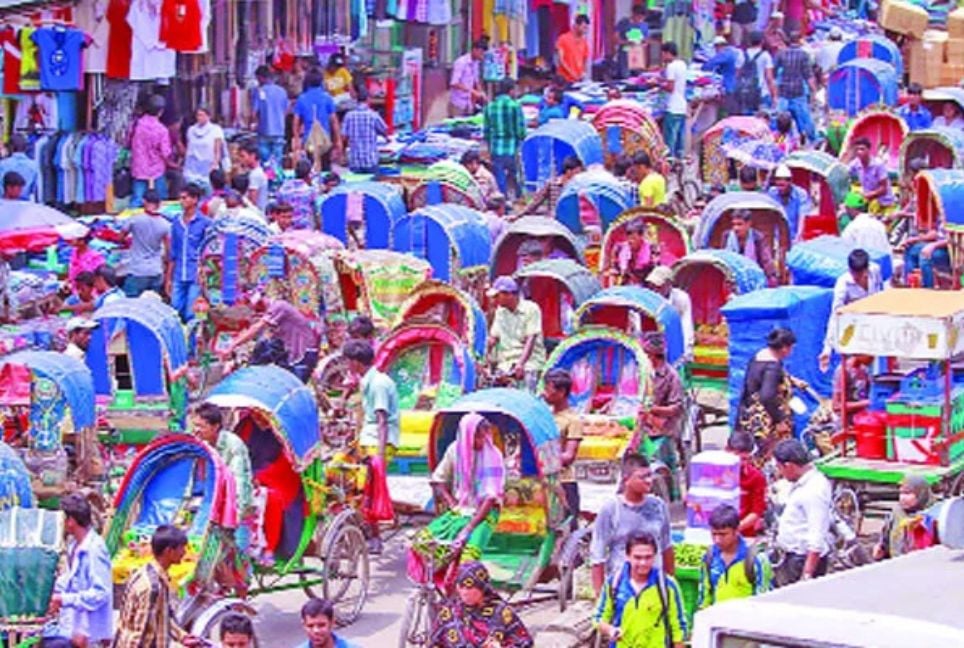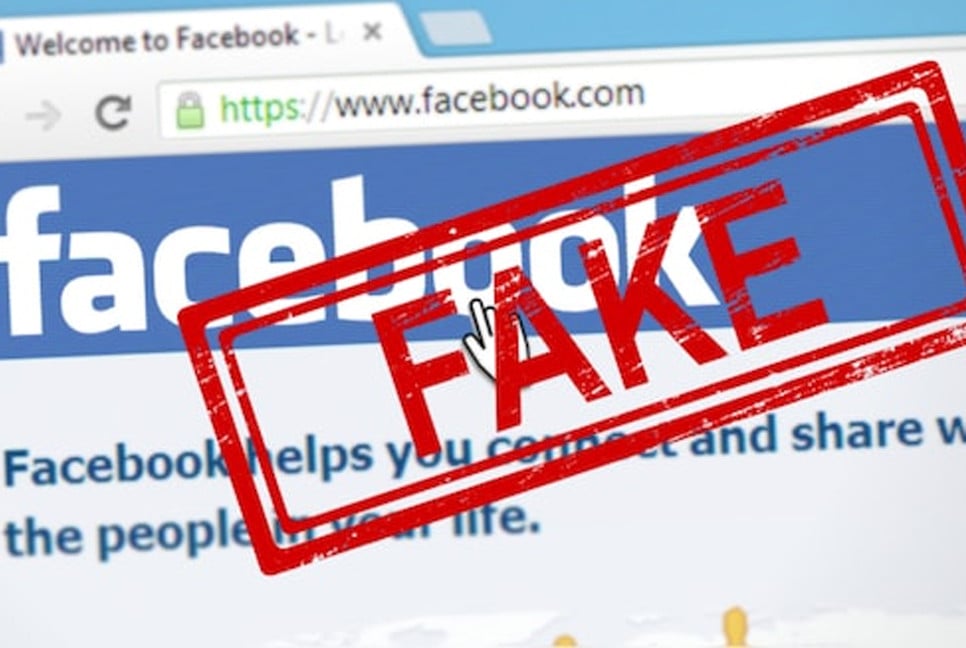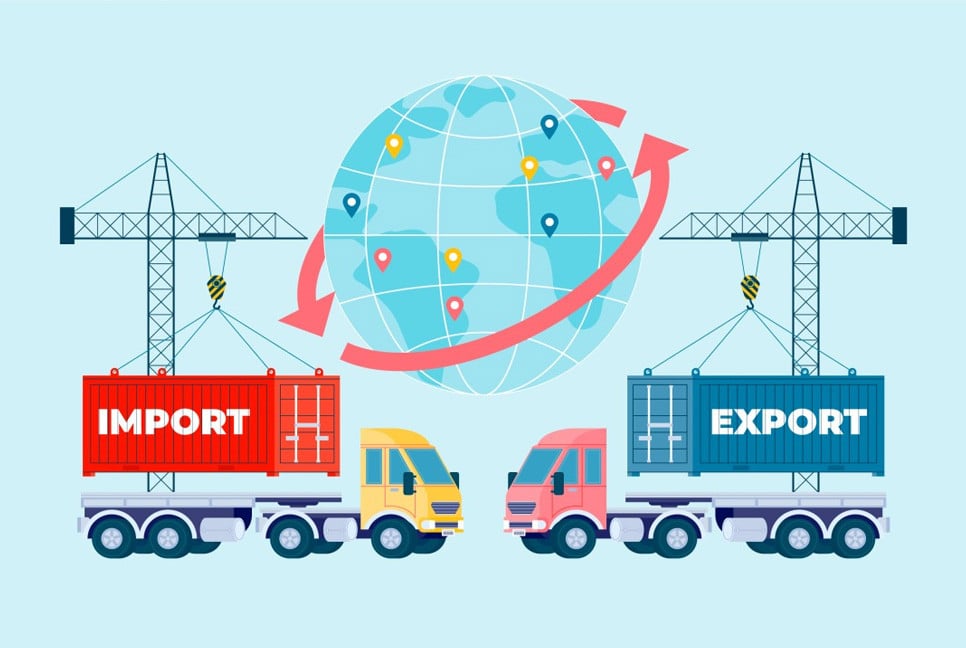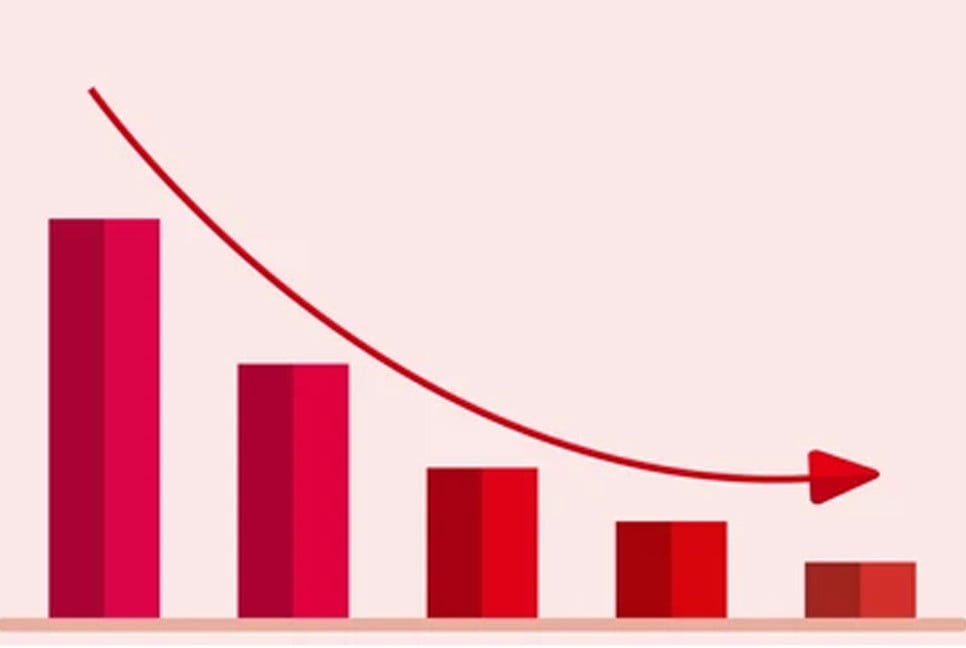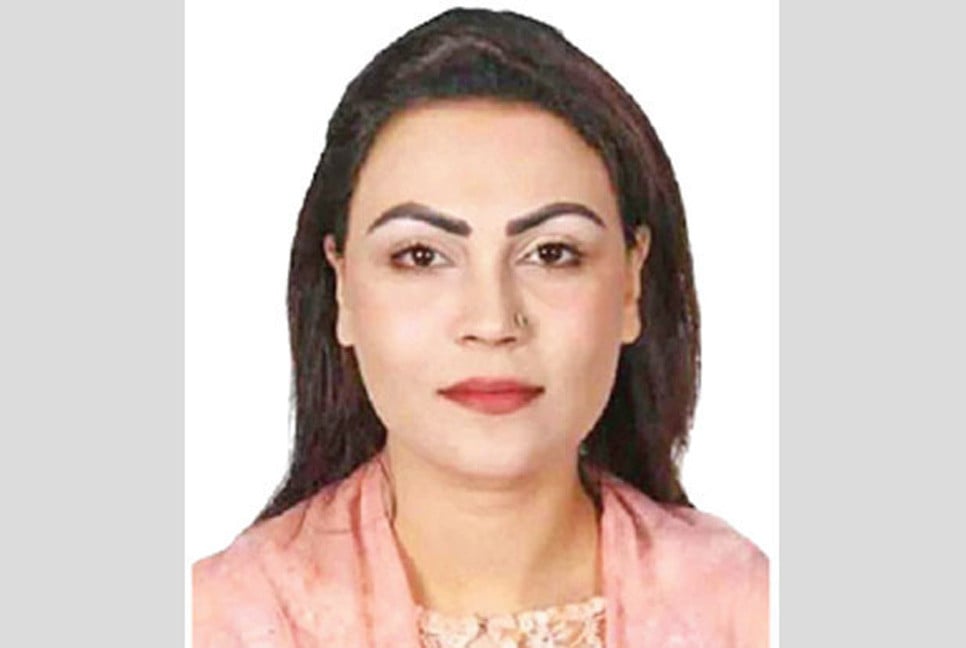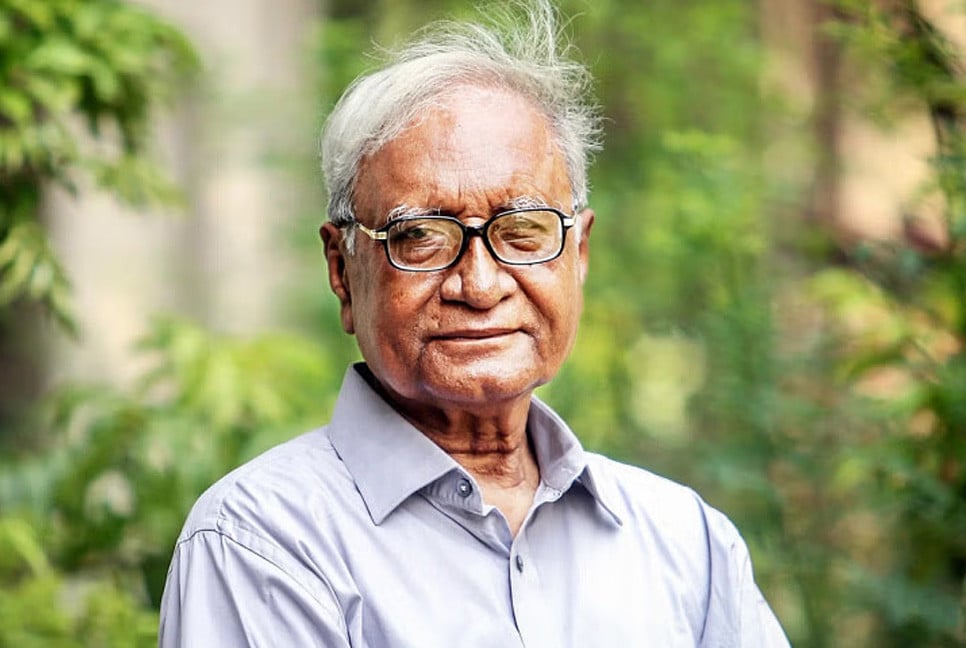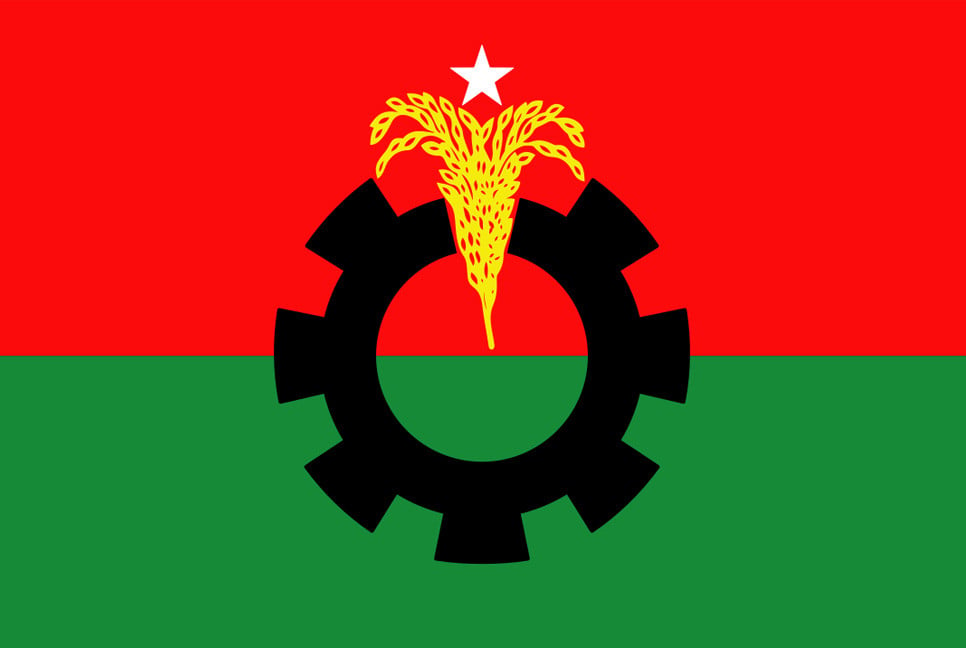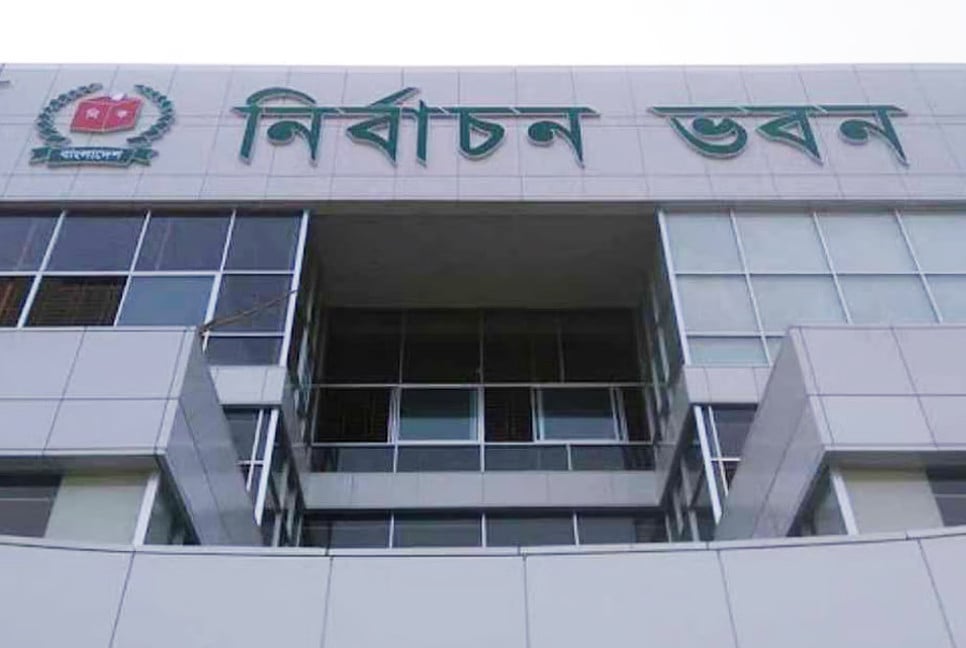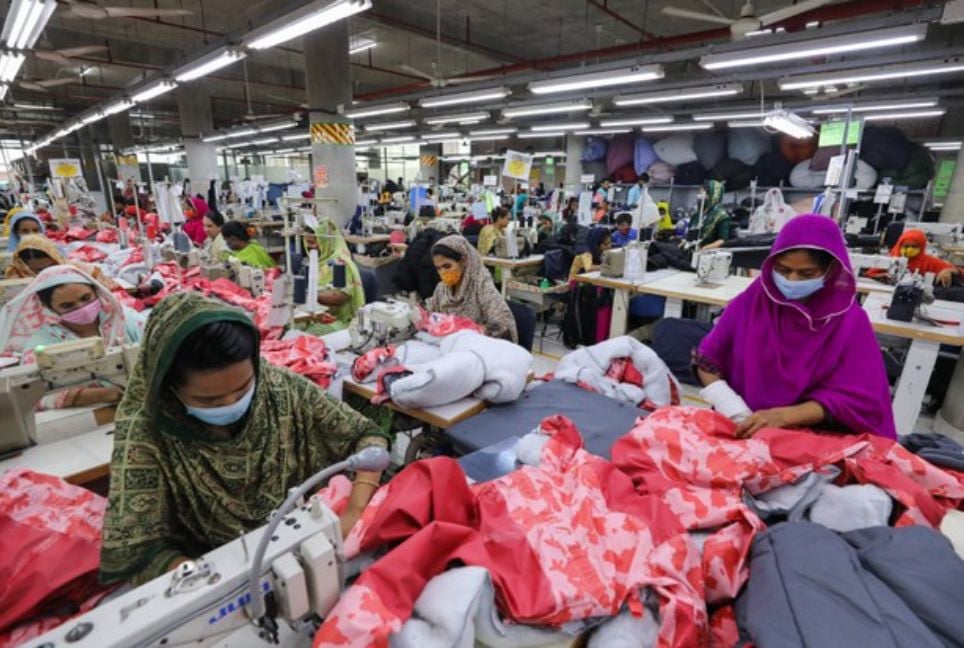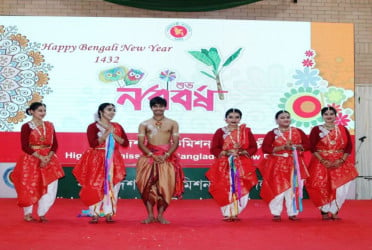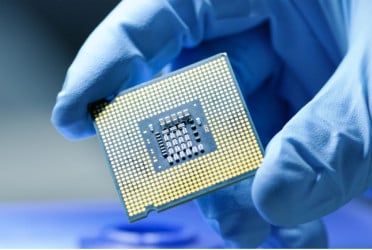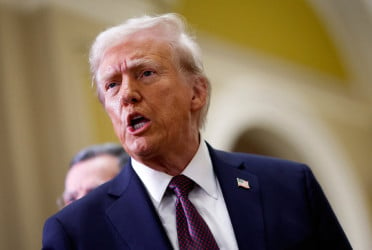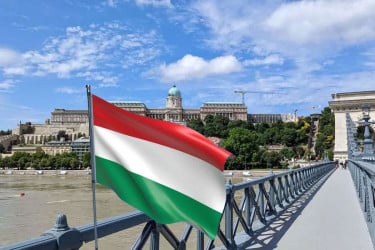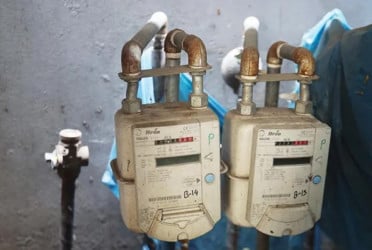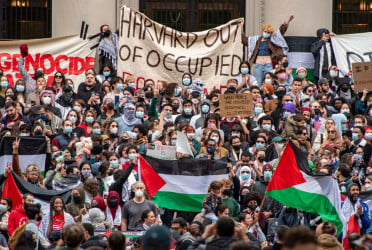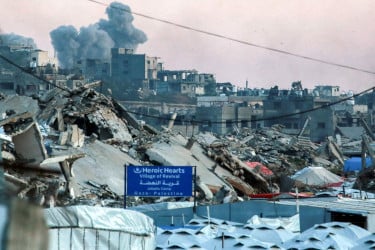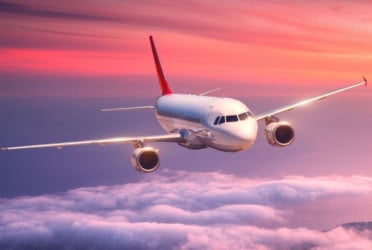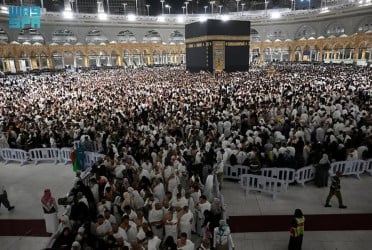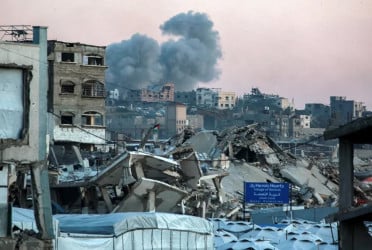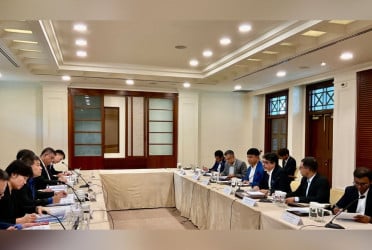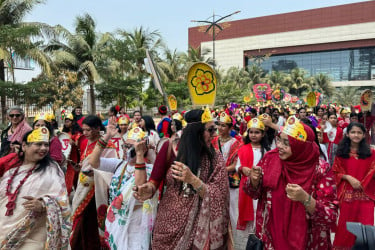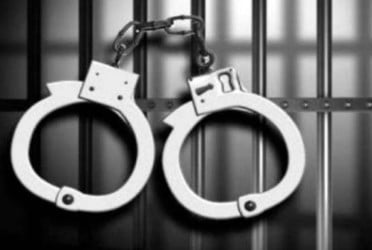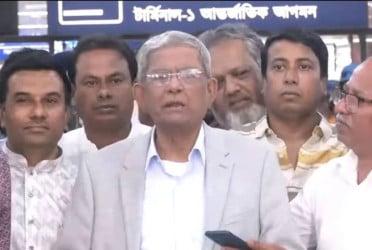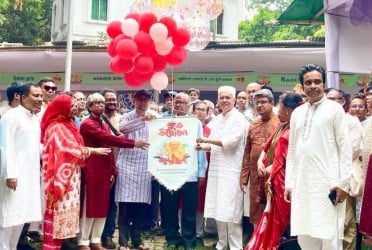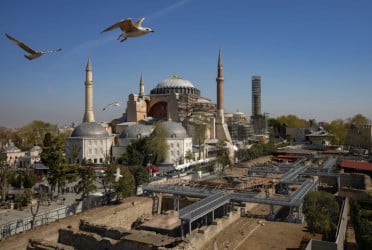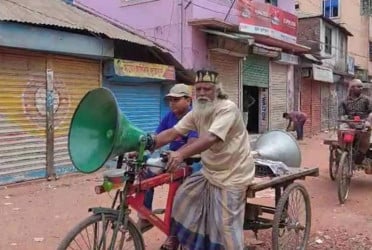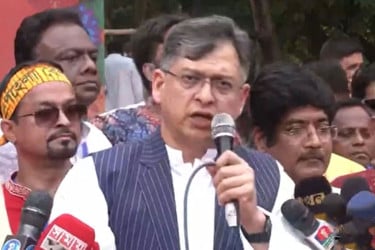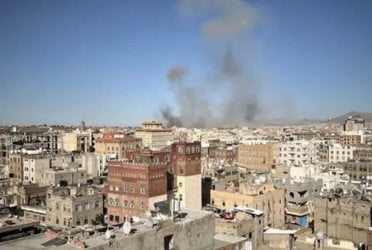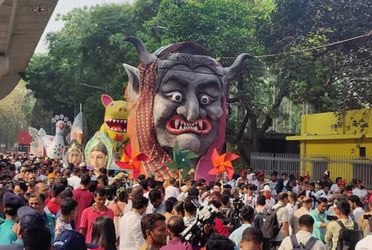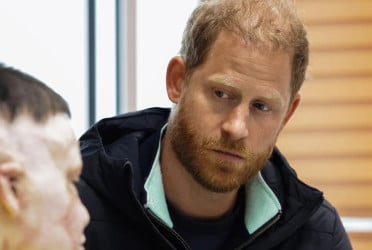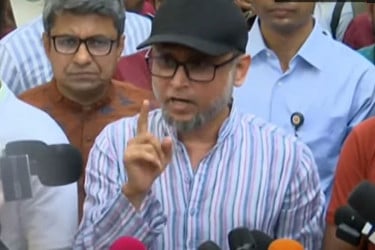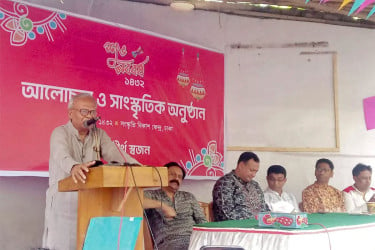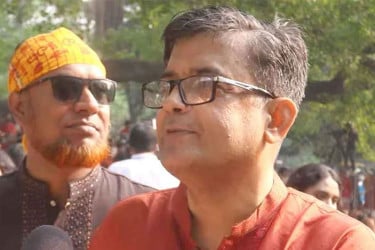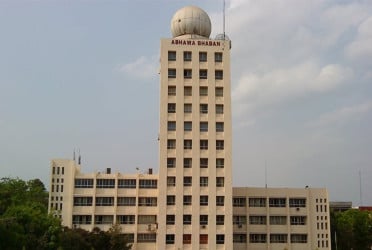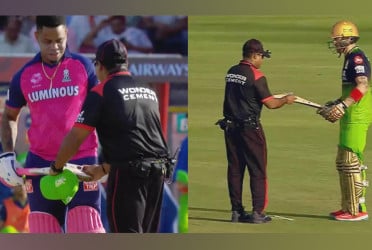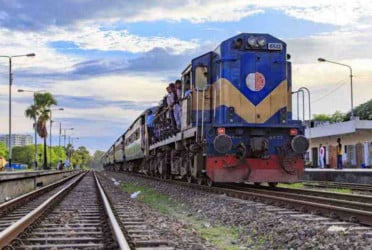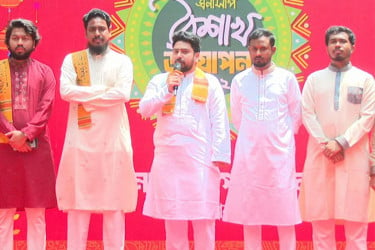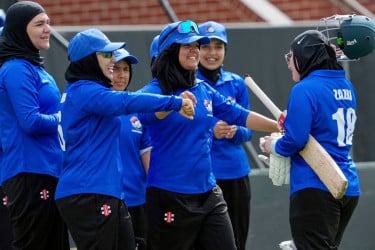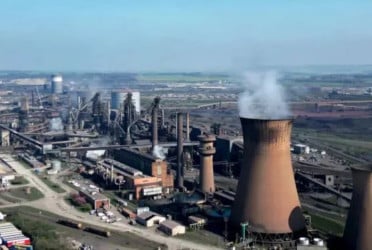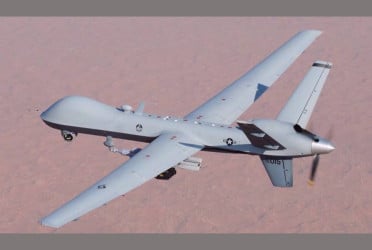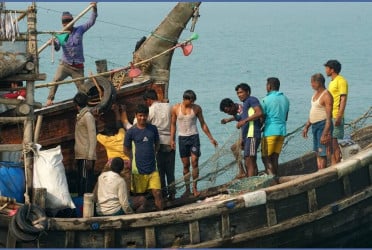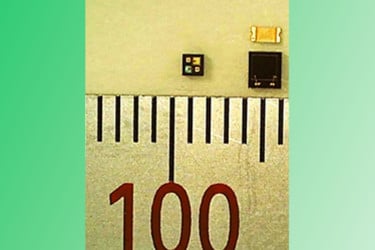Dhaka’s public transport sector has long been in disorder. However, a new concern has emerged with the increasing presence of battery-run rickshaws and easy bikes on major roads. Since August 5, the number of these three-wheelers has surged, in addition to the already existing paddle rickshaws.
The lack of proper regulation in Dhaka Nagar Paribahan has also led to a rise in unauthorised vehicles. Currently, around 3,000 illegal buses are operating on various routes in Dhaka, with four companies running buses illegally in Hatirjheel alone.
Widespread illegal buses
Only 7.5 per cent of Dhaka’s total area consists of roads, and just 2.5 per cent is suitable for public transport. Yet, unauthorised vehicles dominate these roads, with illegal buses operating freely.
According to Bangladesh Road Transport Authority (BRTA) sources, out of the 1,225 buses passing through Shahbagh intersection daily, 655 are unauthorised. In Motijheel, 262 out of 575 buses operate without approval. The situation is similar in Badda-Rampura, Mohammadpur-Mirpur, and Jatrabari, where most buses lack proper authorisation.
On the Sadarghat-Nabinagar route, 137 out of 204 buses under Savar Transport Limited are illegal. Similarly, on the Ghatarchar-Sonargaon route, 109 out of 122 Rajanigandha Transport buses operate illegally.
For the Diabari-Postogola route, 100 out of 211 Raida Enterprise buses are unauthorised, while all 198 buses under Moumita Transport Limited on the Nandan Park-Chashara route are illegal.
Saiful Islam, general secretary of the Dhaka Road Transport Owners Association, acknowledged the issue, stating, “Illegal buses are operating to meet passenger demand. Where only 10 vehicles are permitted, 20 are running. Such irregularities exist, but if BRTA takes action, these unauthorised buses won’t be able to operate.”
Battery-run rickshaws and easy bikes on main roads
Battery-run rickshaws and easy bikes have become a major concern on Dhaka’s streets, moving from narrow alleys to the city's main roads despite lacking proper licenses. Under the Local Government Act, 2009, local government bodies are neither authorised to register nor tax these battery-run vehicles. As a result, the government is losing substantial revenue while citizens face increasing inconveniences.
Besides public suffering, these battery-operated rickshaws have also become a leading cause of road accidents. To regulate their movement, the local government formed a seven-member committee, which held a meeting on January 28, but no resolution has been reached yet.
Moreover, pedal rickshaws remain a key contributor to Dhaka’s traffic congestion. Despite a limited number of licensed rickshaws, hundreds of thousands of unregistered ones continue to operate.
Four companies operating buses in Hatirjheel illegally
The circular bus service in Hatirjheel was introduced in 2015 to facilitate travel between Rampura, Tejgaon, Gulshan, and Badda areas. While the service initially operated as planned, since January, four unauthorised bus companies – Pravati Banasree, Gazipur Paribahan, Balaka, and Azmeri Glory – have started using Hatirjheel as a transit route. These buses originate from Sayedabad, Gulistan, and Sadarghat, passing through Rampura, Hatirjheel, Tejgaon, and then heading toward Gazipur.
Dhrubo Alam, project director and transport planner at Dhaka Transport Co-ordination Authority (DTCA), stated that action will be taken against these unauthorised buses. He said that official letters would be issued and legal measures would be taken against these transport companies operating illegally in Hatirjheel.
Translated & edited by Fariha Nowshin Chinika

